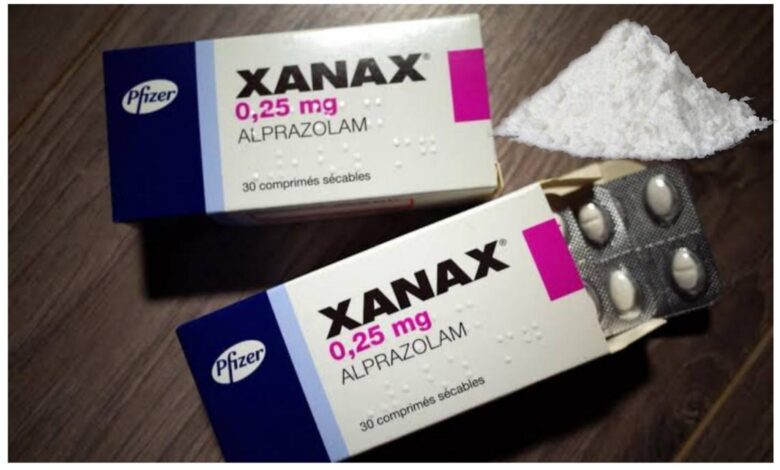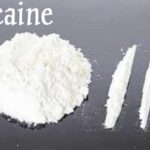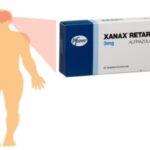What Happens When You Mix Cocaine and Xanax?

‘Polydrug use’ is a term for the use of more than one drug or type of drug at the same time or one after another. The risks of polydrug use depend on the types and amounts of drugs mixed. Combining drugs amplifies pleasurable and negative effects.
Sky News reports that the rate of polydrug use especially among young people is on the rise and teenagers are mixing Xanax, which is only available on private prescription with cocaine.
What is cocaine?
Cocaine is a powerfully addictive stimulant drug made from the leaves of the coca plant native to South America. Although health care providers can use it for valid medical purposes, such as local anesthesia for some surgeries, recreational cocaine use is illegal. As a street drug, cocaine looks like a fine, white, crystal powder. Street dealers often mix it with things like cornstarch, talcum powder, or flour to increase profits. They may also mix it with other drugs such as the stimulant amphetamine, or synthetic opioids, including fentanyl.
Cocaine acts by binding to the dopamine transporter, blocking the removal of dopamine from the synapse. Dopamine then accumulates in the synapse to produce an amplified signal to the receiving neurons. This is what causes the euphoria commonly experienced immediately after taking the drug.
What is Xanax?
Xanax is the brand name for Alprazolam, a short-acting tranquilizer of the triazolobenzodiazepine class, which are benzodiazepines fused with a triazole ring. Benzodiazepines act on the brain and central nervous system (CNS) to produce a calming effect. Xanax is a federal controlled substance (C-IV) because it can be abused or lead to dependence.
Xanax is taken by mouth and is readily absorbed into the bloodstream. You should start feeling the effects of Xanax in under an hour. The medication reaches peak concentrations in the bloodstream in one to two hours following ingestion. People who take Xanax will often build up a tolerance. For these people, it may take longer to feel the sedative effects of Xanax or the sedation may not feel as strong.
What Happens When You Mix Cocaine and Xanax?
Cocaine and Xanax are two opposing drugs that produce contrasting effects, when combined, while cocaine causes euphoria, sensory sensitivity (touch, sight, sound), high energy, as well as paranoia and anxiety, Xanax on the other hand decreases energy, increases drowsiness, decreases anxiety and can result in depression.
Depending on the impurities in the cocaine, it can also interact with Xanax to produce dangerous or deadly side effects, including a buildup of toxic byproducts of such interaction in your system which your body cannot eliminate fast enough. Drug dealers have been known to cut cocaine with dangerous substances in an attempt to make the most profit. For example, it was discovered in 2005 that 2 percent of all the cocaine seized by the US Drug Enforcement Administration (DEA) was cut with levamisole, a cattle dewormer. This drug used to be used for humans infected with parasitic worms but was found to severely deplete white blood cells. By 2011, 73 percent of all the cocaine tested by the DEA contained levamisole.
Other long-term effects of cocaine combinations can include being malnourished, because cocaine decreases appetite, and movement disorders, including Parkinson’s disease, which may occur after many years of use. In addition, people report irritability and restlessness from cocaine binges, and some also experience severe paranoia, in which they lose touch with reality and have auditory hallucinations—hearing noises that aren’t real.
In addition, when you mix cocaine and Xanax you also increase the likelihood of overdose from both products especially with fake or pressed Xanax. An overdose occurs when a person uses enough of a drug to produce serious adverse effects, life-threatening symptoms, or death. An overdose can be intentional or unintentional.
Death from overdose can occur on the first use of cocaine or unexpectedly thereafter. Many people who use cocaine also drink alcohol at the same time, which is particularly risky and can lead to overdose. Others mix cocaine with heroin, another dangerous—and deadly—combination.





